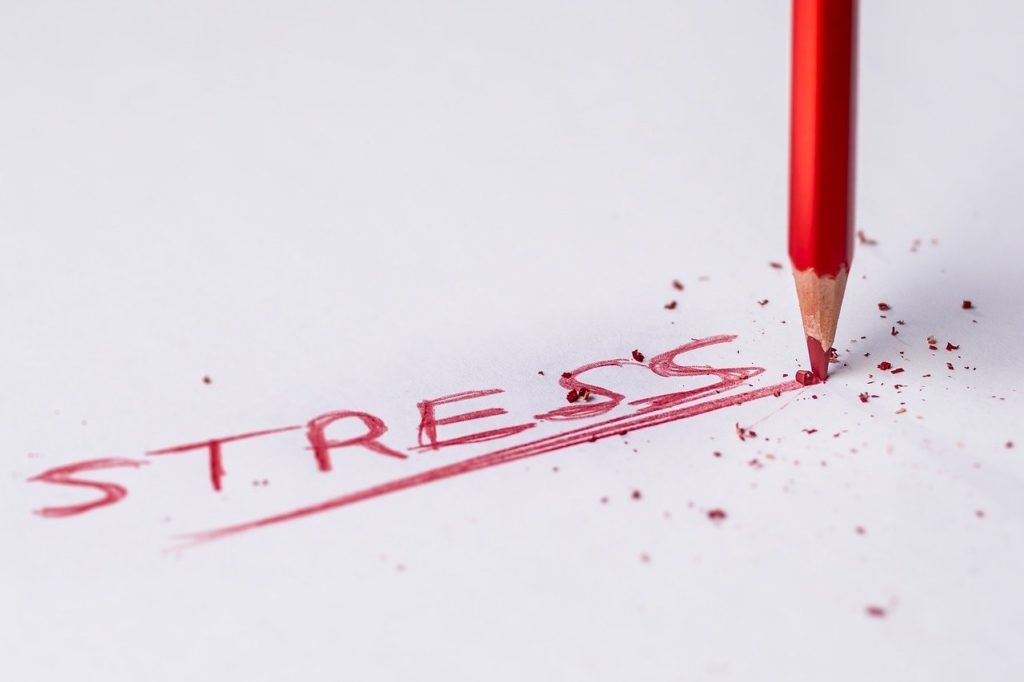So it’s that time of the year – Back to School, Back from Vacation, Back to Work, and so on, after a not-so-long summer. As a Mental Health Nurse, I get to talk to a lot of youths, adults, professionals, and people of various backgrounds, and I can say that stress is one common feeling at this time of the year. In fact, people experience stress all year long.
What is Stress
Stress is that feeling you get when you are overwhelmed with more tasks and responsibilities than you can typically handle. Stress may be characterized by you breathing faster, having a faster heart rate, having tense muscles, or sweating.Don’t get me wrong, stress is normal, for example, in a case when you need to meet a deadline. However, if stress affects your level of functioning, it can be unhealthy.
How Stress Impacts Daily life
I have worked with people whose relationships, jobs, and health have been affected by stress. They have shared with me how they got stress under control. Drawing from these experiences, and as someone who have done a lot of research in this area, I have highlighted some key ways to manage stress effectively.
What causes stress in your life?
- Writing an exam or making a public presentation can cause a short-term stress which can be normal.
- Family conflicts, unemployment, poor living conditions, death of loved ones, health issues, or even a lack of support can cause long-term stress. Over time, long-term stress can cause complex health.
- Stress from traumatic events like rape or war can be very overwhelming and will need the support of a therapist.
How can you reduce or avoid stress?
- Have you heard of the 3Cs (catch, check and change)? Catchthose worries and negative thoughts, check to identify they are causing you stress, and replace (change) them with positives like reminiscing on the last time you had a good time, even if it is as far back as your childhood! If you cannot change a situation, try and let it go.
- People have reported to me that self-care works and I know it works! Treat yourself to a good meal, get cozy and rest, pause from the noise and enjoy some refreshing air.
- Don’t forget to talk to your family and friends regarding whatever you may be passing through. Those kind words can reduce stress.
- Create a schedule, fill up your time with things that are important to you.
How can you ease the impact of stress?
I have gathered the following ideas that helped people I worked with.
- Journal, journal, journal: In someone’s words, “when I write about my worries, I get a clearer picture of how to manage them, and I feel the stress leave my body.”
- Relaxation: Identify what relaxation technique works for you. Personally, a 60-minute massage works wonders when I am beginning to feel stress symptoms like constant headaches and tight shoulders. Deep breathing is an easy way to relax at almost anytime and anywhere. Ensure you breathe in all the way to the belly for effective relaxation.
- Engaging in simple exercises like walking and running can help manage stress.
- Mindfulness and focusing on the present and your immediate environment all help to relieve stress. How about listening to some good music or watching a comedy show and check your stress levels afterwards?
When to Seek Professional Help
You can also try a combination of these ways of managing stress. Master what works for you and go-on to live a stress-controlled life.
Don’t forget to seek support from peers or family as needed. Contact your family physician or a health professional if you continue to struggle with stress and its effect.




